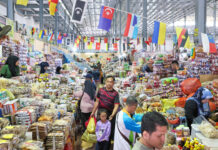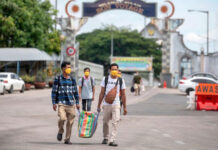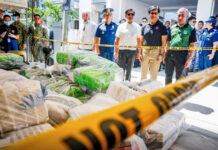Aqilah Rahman
The inequality gap has grown even bigger during the pandemic, with 99 per cent of the global population having less income and over 160 million forced into poverty.
In contrast, the wealth of the top 10 richest has doubled, according to the recently published Oxfam International’s Inequality Kills report.
Inequality contributes to at least 21,300 deaths everyday due to violence, hunger and lack of access to quality healthcare in poor countries. An estimated 17 million people have died from COVID-19, with restricted supply and distribution of vaccines as some of the contributing factors.
The report provides four examples of economic violence: health, gender-based, climate catastrophe, along with poverty and hunger.
The lack of access to medical assistance and low-quality healthcare contribute to about 5.6 million deaths in low-income and middle-income country each year.
Despite the availability of vaccines, the distribution varies between the countries. More than 80 per cent has gone to G20 countries, while less than one per cent has been used by low-income countries due to restricted supply and increased prices, up to 25 times as much as the production cost for one dose. The vaccine inequality is further aggravated with some governments being against the waiving of intellectual property rules on COVID-19 vaccines and treatments.
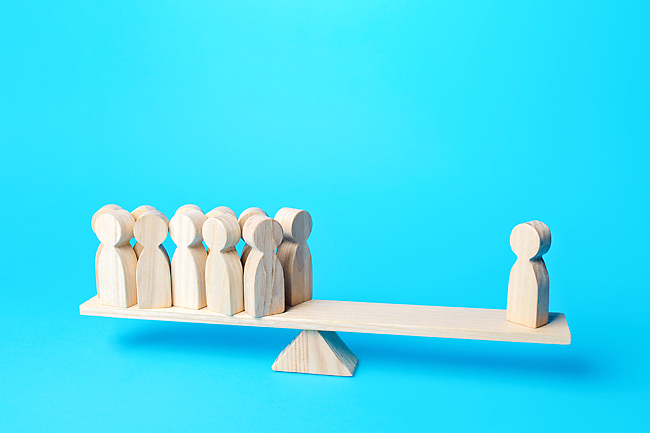
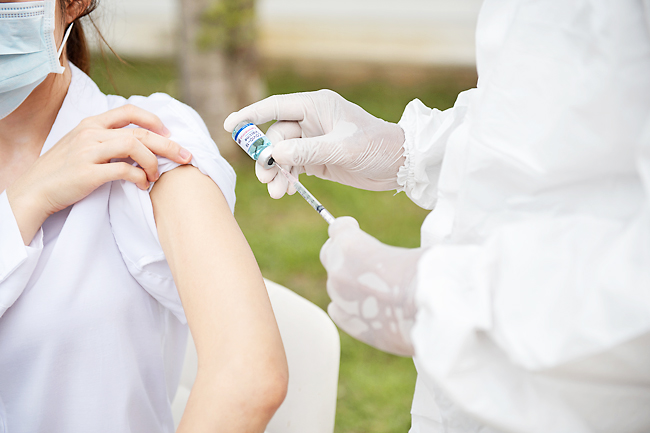
Meanwhile, gender-based violence is projected to increase by about 20 per cent on average during periods of lockdown. The report estimates an additional 15 million cases of partner violence for every three months of lockdown. Gender-based violence accounts for a small fraction of coronavirus response spending, making up 0.0002 per cent.
In addition, nearly three billion women worldwide are legally restricted against taking certain jobs. Of 189 economies assessed in 2018 by the World Bank, 104 maintain laws preventing women from working in specific jobs. In 18 economies, husbands can legally prevent their wives from working.
With regards to climate, rich countries are responsible for about 92 per cent of all excess emissions. There is also significant inequality between countries in access to knowledge and technologies in adapting to climate change and reducing greenhouse gas emissions.
Oxfam data indicates the wealthiest one per cent contribute to twice as many emissions as the poorest 50 per cent, with the carbon footprints projected to be 30 times greater than the level compatible with the 1.5 degree Celsius goal of the Paris Agreement.
Amid the economic turmoil, billionaire wealth surged and has grown more since the pandemic began than it has in the last 14 years. Central banks injected trillions into economies worldwide to keep the global economy afloat as more COVID-19 cases were reported. A significant portion of the stimulus went into financial markets, further increasing the net worth of billionaires. As governments pumped trillions into the global economy, the wealth of billionaires also increased along with the stock prices.
While billionaire wealth has grown during the pandemic, millions have been pushed into poverty. When the pandemic began, 3.2 billion people were living below the World Bank’s poverty line of USD5.50 a day. An additional 163 million are now living on less than USD5.50 a day since the start of the pandemic.
Incomes of the wealthiest 20 per cent are projected to have recovered nearly half of what they lost in 2020, while the poorest 20 per cent are expected to lose an additional five per cent of their income in 2021 according to the World Bank.
The report also mentioned the link between wealth and COVID-19 mortality rates. In some countries, the poorest people have been nearly four times more likely to die from COVID-19 compared to the rich.
Based on new data, the infection fatality rate in low-income and middle-income countries is estimated to be two times higher in rich countries.
Hunger, another critical part of the growing inequality, kills over 2.1 million people each year at a minimum. Poor people have a shorter lifespan in every country compared to those who are able to support themselves financially.
The report proposes several actions to be taken to address economic violence including universal access to free healthcare, social protection for income security, climate change adaptation and investing in prevention and treatment programmes to end gender-based violence.
Oxfam also proposes waive of intellectual property rules over COVID-19 vaccine technologies to allow more countries to produce safe and effective vaccines, asserting workers’ and people’s human rights, creating laws to uproot violence and discrimination, and taxing the new wealth made since the start of the pandemic through permanent wealth and capital taxes.







